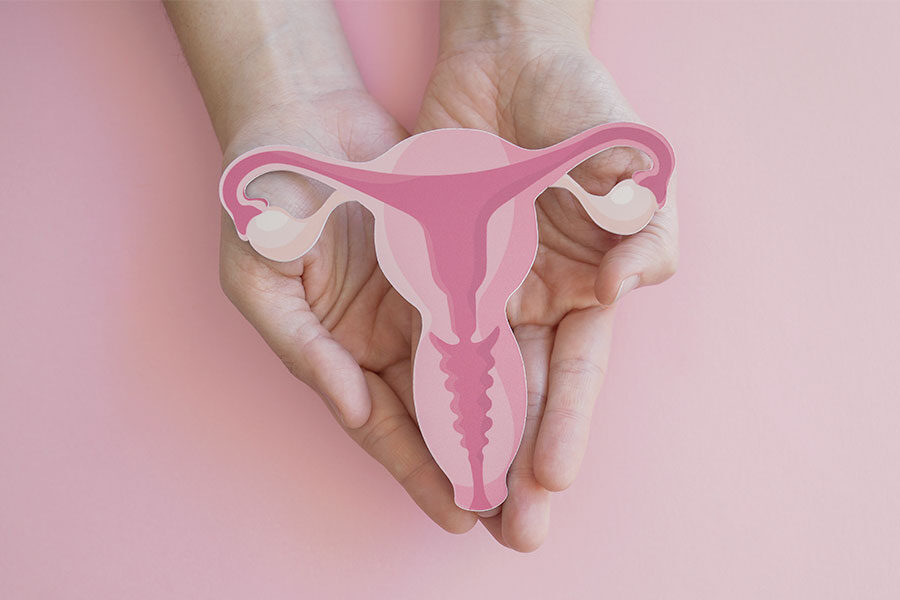What are the Fallopian Tubes?
The Fallopian tubes are very delicate structures that connect the cavity of the uterus to the ovaries. They are essential for natural conception. Blocked fallopian tubes is one of the main causes of infertility. In the majority of the time it shows no symptoms and gets discovered during fertility investigations, after enduring longer time of trying to conceive. Another fact to consider is that the mechanical patency of the tubes still may not mean that the tubes are functional, as the ciliary mechanism of patent tubes can also be affected.
What are the causes of blocked Fallopian Tubes?
In general, previous surgery, pelvic infection or endometriosis can potentially damage the Fallopian tubes and prevent natural conception. Moreover, damaged tubes can increase the risk of ectopic pregnancy. The most common cause of blocked fallopian tubes is Pelvic Inflammatory Disease (PID). This is a bacterial infection that is caused by untreated sexually transmitted infection like Chlamydia. It can spread into the fallopian tubes and cause scarring, which eventually resulting in a blockage.
Other possible causes:
Endometriosis: this is a condition where small amounts of the womb lining starts to grow inside the pelvis, such as the fallopian tubes, causing them to become blocked.
Fibroids: these are small benign growths within the uterus. They can compress the fallopian tubes, and cause blockage.
Previous surgeries: especially if carried out to treat ectopic pregnancy. Ectopic pregnancies can unfortunately damage fallopian tubes, making it more difficult to become pregnant in the future.
What are the symptoms of blocked Fallopian Tubes?
Blocked fallopian tubes often show no symptoms and many women may not realise they have this condition until they experience prolonged period of trying to conceive without success. The first symptom therefore is infertility; however, sometimes tubal blockage can cause pain in the abdomen. This is usually a regular occurrence around the time of the menstrual period and results from building up of fluid in one or both tubes, leading to a condition called hydrosalpinx. Other symptoms may include pain during sex and unpleasant smelling vaginal discharge. Sometimes the fallopian tubes can become partially blocked, meaning it may still be possible to become pregnant. However, this can increase the chances of an ectopic pregnancy, where the fertilised egg may get stuck in the partially blocked tube.
How can we check if the fallopian tubes are blocked?
To check whether the Fallopian tubes are open we perform tubal patency testing (HyCoSy). This is a simple 45-minute ultrasound-enhanced procedure that does not require anaesthesia. We can tell you the results as soon as the test is completed.
Do women need IVF when tubal blockage is diagnosed?
Understandably, women who have blocked fallopian tubes may be worried they won’t be able to conceive naturally, however, there are a few ways in which natural pregnancy is possible. If here is just one tubal occlusion, the blockage most likely won’t affect fertility as natural conception can still happen through the other unblocked tube. If both of the fallopian tubes are blocked by then IVF is recommended.
How can we help?
If you are suffering from unintentional delay in conceiving, please do get in touch with our team and we would be very happy to guide you through reliable and thorough investigations, and assist with all the necessary information to help you making an informed decision.
Written by: Osama Naji, Fertility Consultant
Book a consultation with NOW-fertility
If you are ready to start your journey, book a consultation with one of our experienced fertility consultants.







